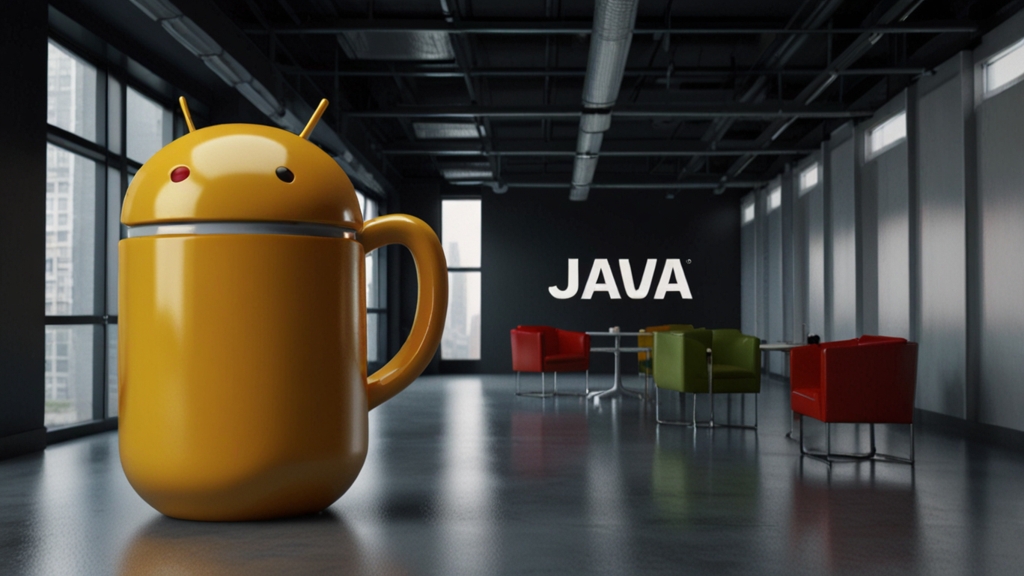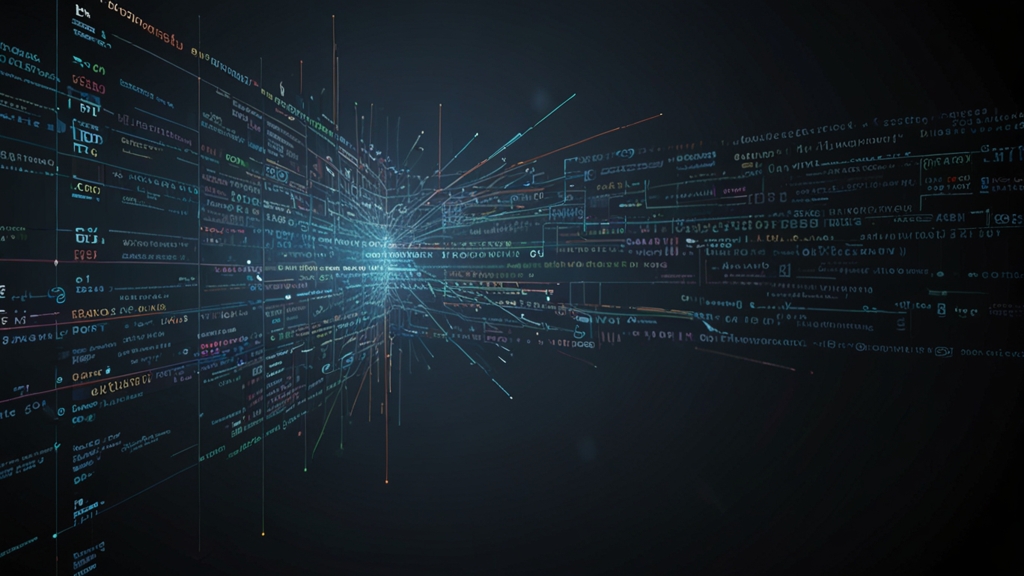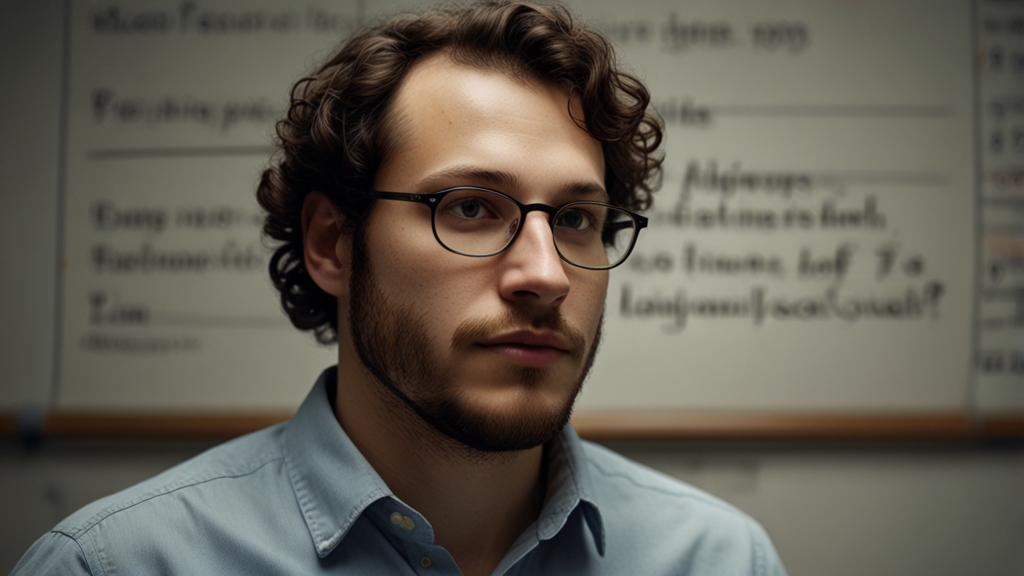Revolutionary Views on Crucifixion Challenging Traditional Beliefs
The crucifixion of Jesus Christ has been a central tenet of Christian faith for millennia. Traditionally depicted as a moment of heroic sacrifice, questions about the historical and theological underpinnings of the crucifixion have started to emerge. Recent revolutionary views are challenging long-held beliefs, offering fresh perspectives on an event that has defined Western religious thought.
Historical Context
The traditional narrative of the crucifixion is that Jesus was arrested, tried, and sentenced to death by crucifixion by the Roman authorities, under the governorship of Pontius Pilate. This narrative has been largely accepted without question for centuries. However, new scholarly interpretations suggest a more complex socio-political landscape that may have influenced these events.
"Contemporary research posits that the crucifixion may not have been solely a Roman decision but a result of intricate negotiations between Roman authorities and local Jewish leaders," says Dr. Elena Contreras, a historian specializing in early Christianity.
This viewpoint challenges the traditional binary narrative of 'Romans versus Jews' and presents a multifaceted picture where various factions might have had a vested interest in the outcome.
Theological Implications
One of the most profound areas being reevaluated is the theological significance of Jesus' crucifixion. Traditional Christian theology emphasizes the crucifixion as a redemptive act, a sacrifice for human sins. However, some contemporary theologians argue that this perspective has been overly simplified.
"The crucifixion should not only be seen as a theological event but as a profound statement about social justice and the subversion of oppressive systems," suggests Rev. Carter Jameson, a progressive Christian thinker.
Jameson and others argue that focusing solely on the atonement aspect of the crucifixion overlooks Jesus' broader mission to challenge the socio-political status quo of His time. This interpretation could shift how Christians understand their faith, emphasizing not just personal redemption but also societal transformation.
Archaeological Insights
Excavations and archaeological findings have also contributed to the evolving discourse on crucifixion. For years, there was scant physical evidence to support the historical accounts of crucifixion. However, recent discoveries have provided tangible artefacts that affirm the practice of crucifixion during the Roman era.
Nonetheless, these findings also suggest variations in the method of crucifixion, thereby challenging the standardized depiction often seen in art and literature. Some remains show nails through different parts of the body than traditionally depicted, hinting at a possible diversity in crucifixion practices.
Impact on Modern Christianity
The reevaluation of the crucifixion narrative has significant implications for modern Christianity. It calls for a reexamination of liturgical practices, theological teachings, and the interpretation of Scriptures. Churches may find themselves reconciling traditional teachings with emerging historical evidence and modern theological thought.
Moreover, this intellectual movement is not confined to academia. Lay Christians are increasingly exposed to these revolutionary ideas through books, documentaries, and social media. As a result, the broader Christian community faces the challenge of integrating these new insights into their spiritual lives.
"The journey to understand the true essence of the crucifixion is ongoing and deeply personal for many believers," comments Claire Davenport, a pastor and religious educator. "It encourages us to ask difficult questions but also enriches our faith with a deeper historical consciousness."
The quest to unravel the complexities of the crucifixion is far from over. As academia and theology continue to probe into this pivotal event, the evolving narrative promises to keep challenging and enriching our understanding of one of history's most transcendent moments.







